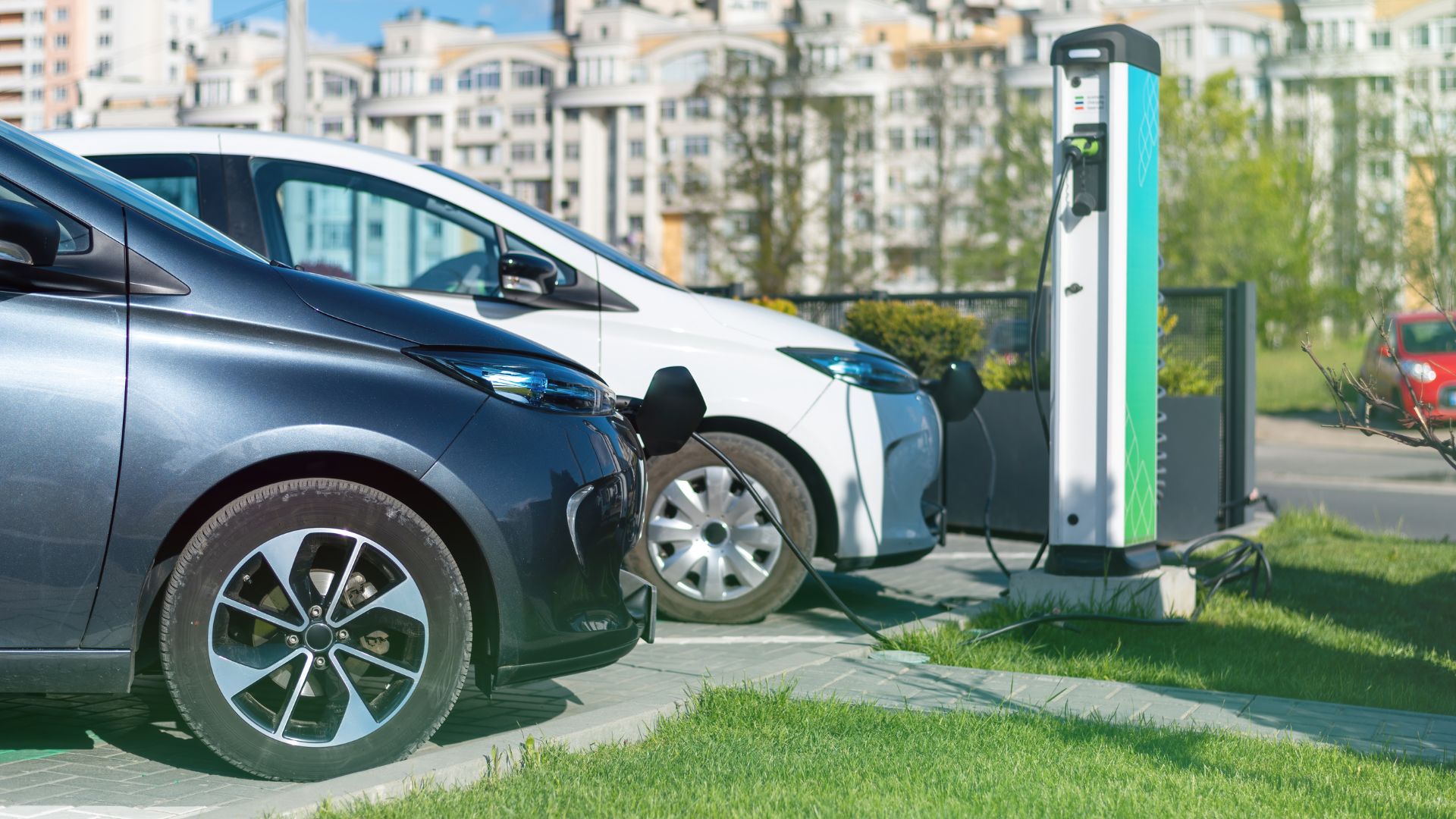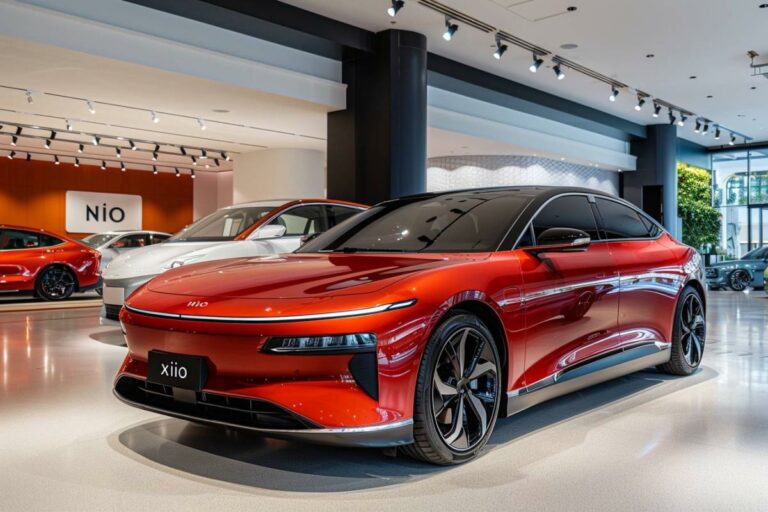The increase in demand for electric vehicles in the European market

The market share of diesel vehicles has been declining in Europe, allowing electric and hybrid vehicles to gain more ground. The rise of these clean cars has caused electric cars to now represent 21% of the total market, compared to 11.6% in the same period of the previous year.
Significant Increase in Demand for Electric Vehicles
The demand for electric vehicles has been steadily approaching that of non-rechargeable hybrids, which still represent 23.9% of the European market. Additionally, electric car sales are experiencing solid growth compared to the past.
- Increased public interest in environmentally friendly vehicles: Environmental awareness and concern over reducing greenhouse gas emissions have driven interest in electric and hybrid vehicles.
- Improvement in infrastructure for charging electric vehicles: The increase in the number of electric charging stations across the European continent has facilitated the adoption and use of electric vehicles.
- Government incentives and regulations in favor of the environment: Various European countries have established tax incentives and regulations to promote the use of electric cars and reduce diesel demand.
Uncertainties Regarding the Future of the Electric Vehicle Market
There are external factors that could affect the continued growth of electric vehicles in Europe. These include potential corrections arising from increased tariff rates on imports of Chinese electric cars and the effect that recalculating the ecological bonuses in 2022 would have.
The Economic and Environmental Impact of the Transition to Electric Vehicles
The expansion of the electric vehicle market can have a significant impact on both the economy and the environment. The increase in demand for these vehicles will drive more manufacturers and investors to improve technology, infrastructure, and production capabilities.
- Reduction of pollutant emissions: The large-scale adoption of electric vehicles will help reduce the amount of greenhouse gases emitted by cars in Europe.
- Increase in energy efficiency: Electric vehicles are much more energy-efficient than their internal combustion counterparts, which benefits the environment and reduces costs for consumers.
- Boosting innovation in clean technologies: The growing demand for electric vehicles will incentivize automobile companies and suppliers to continue investing in the development of more efficient batteries, better charging systems, and other sustainable solutions.
Conclusions
The decline in the market share of diesel has been a key catalyst in the increasing popularity of electric vehicles in Europe. The steady growth of this segment shows a trend towards more eco-friendly and sustainable forms of transportation.
While there are uncertainties regarding political and regulatory factors that could affect the growth of this type of cars, it seems that Europe is moving towards an increasingly electric and hybrid vehicle-dominated market.
Ultimately, this transition to electric vehicles will benefit both the environment and the economy, as long as investment in the development of new technologies and adequate infrastructure for their implementation continues.






